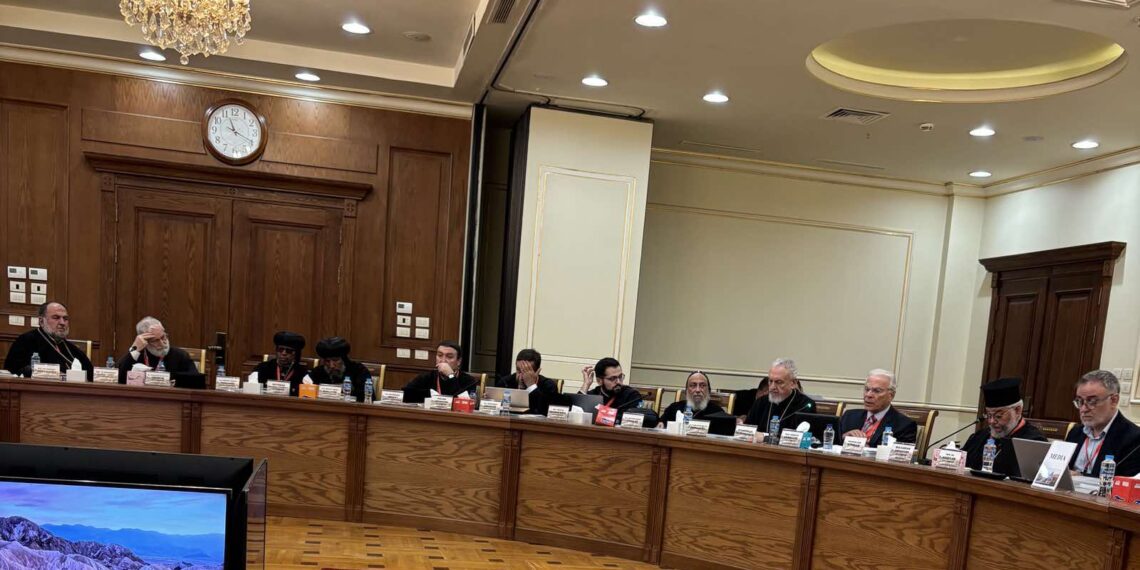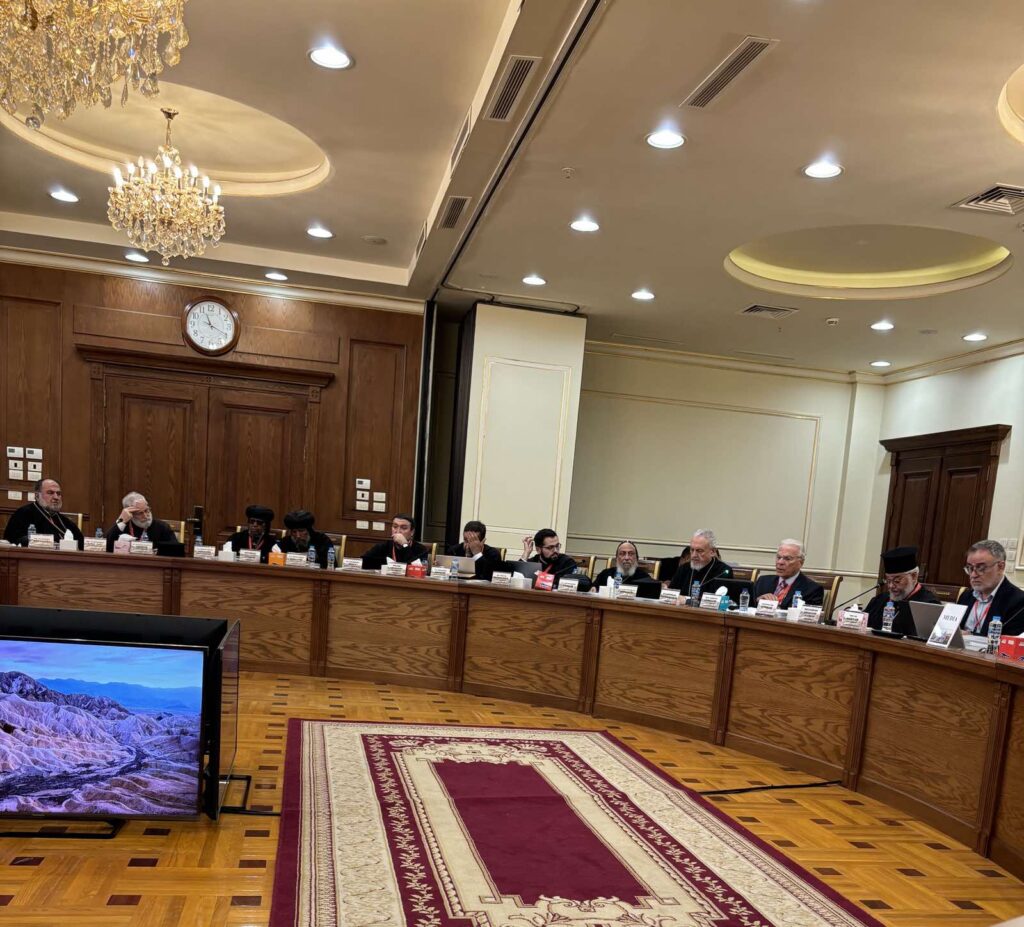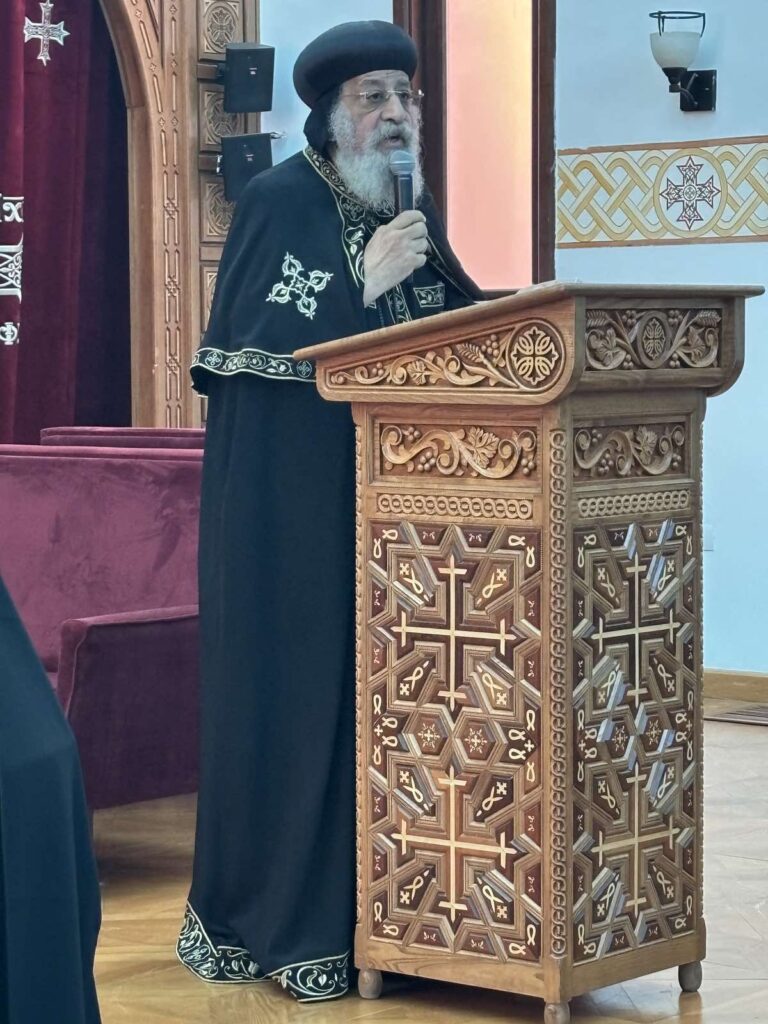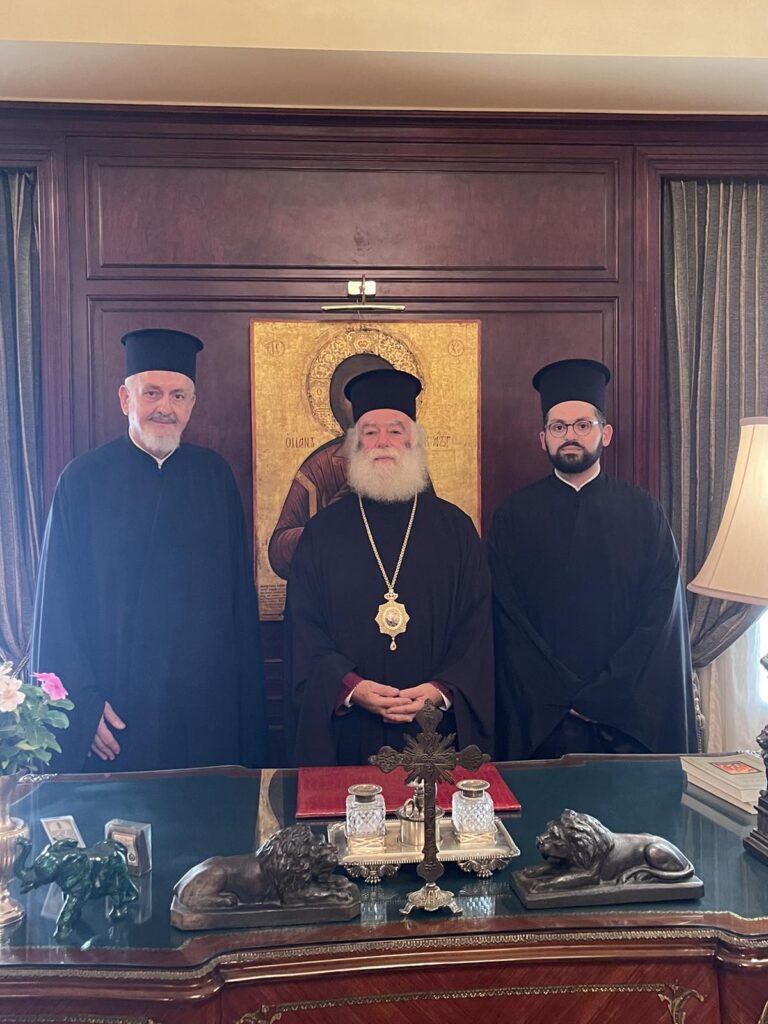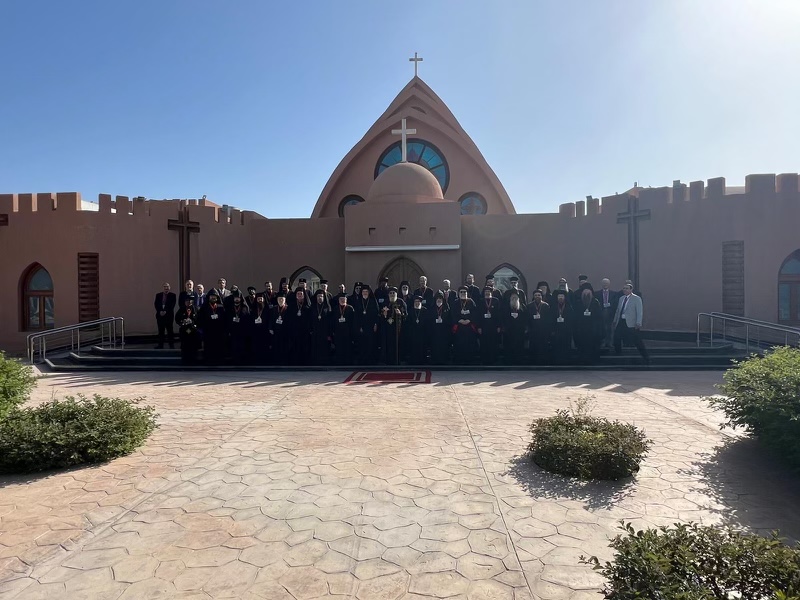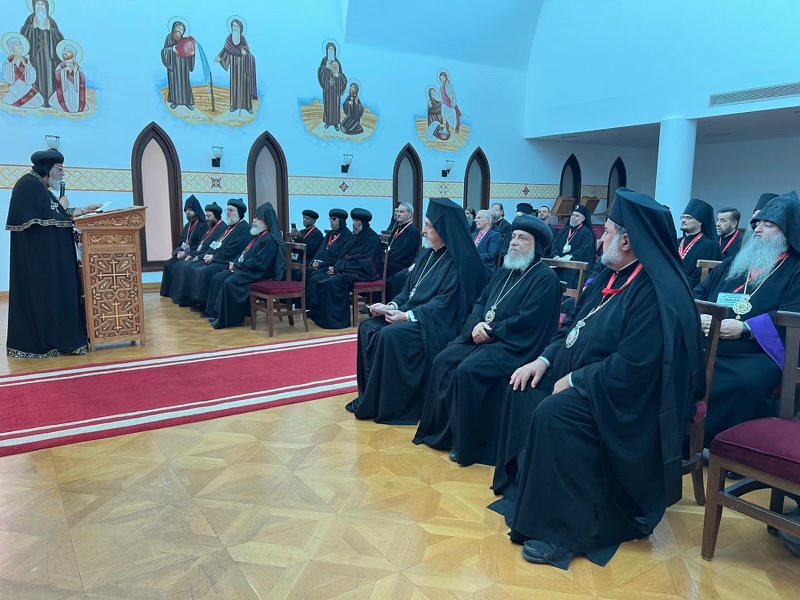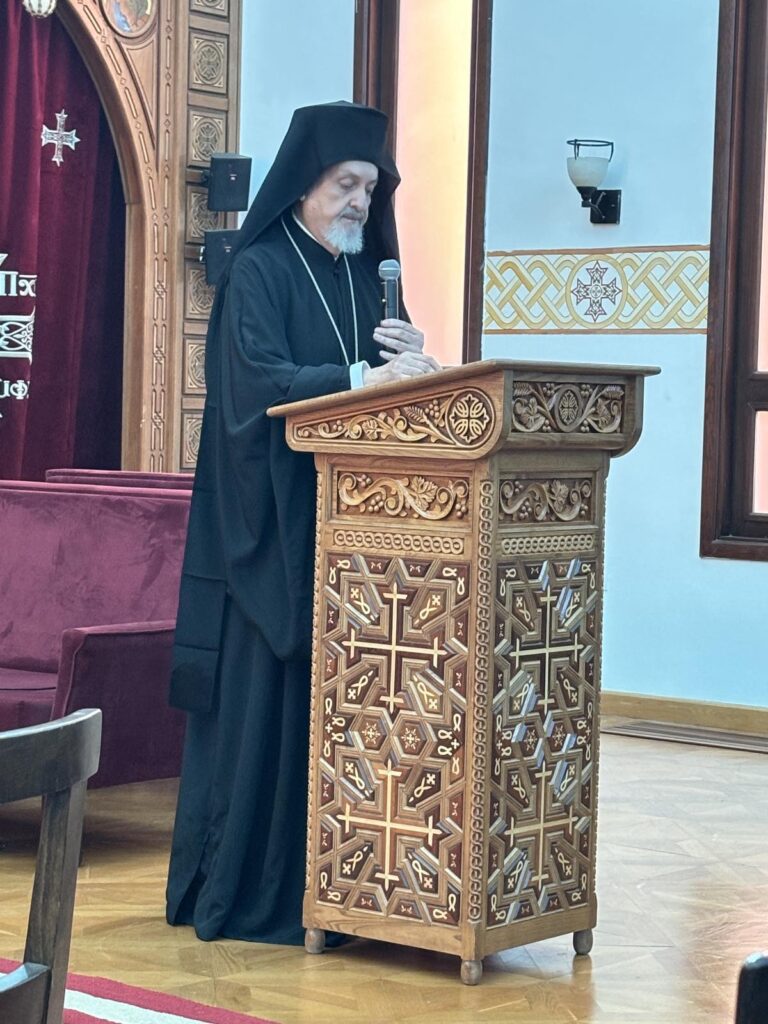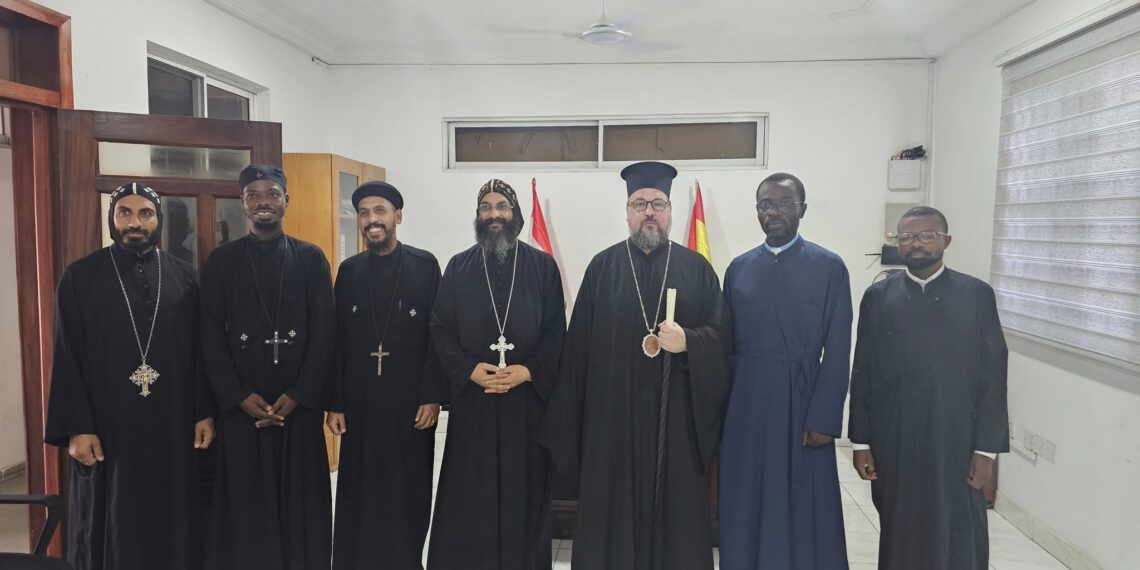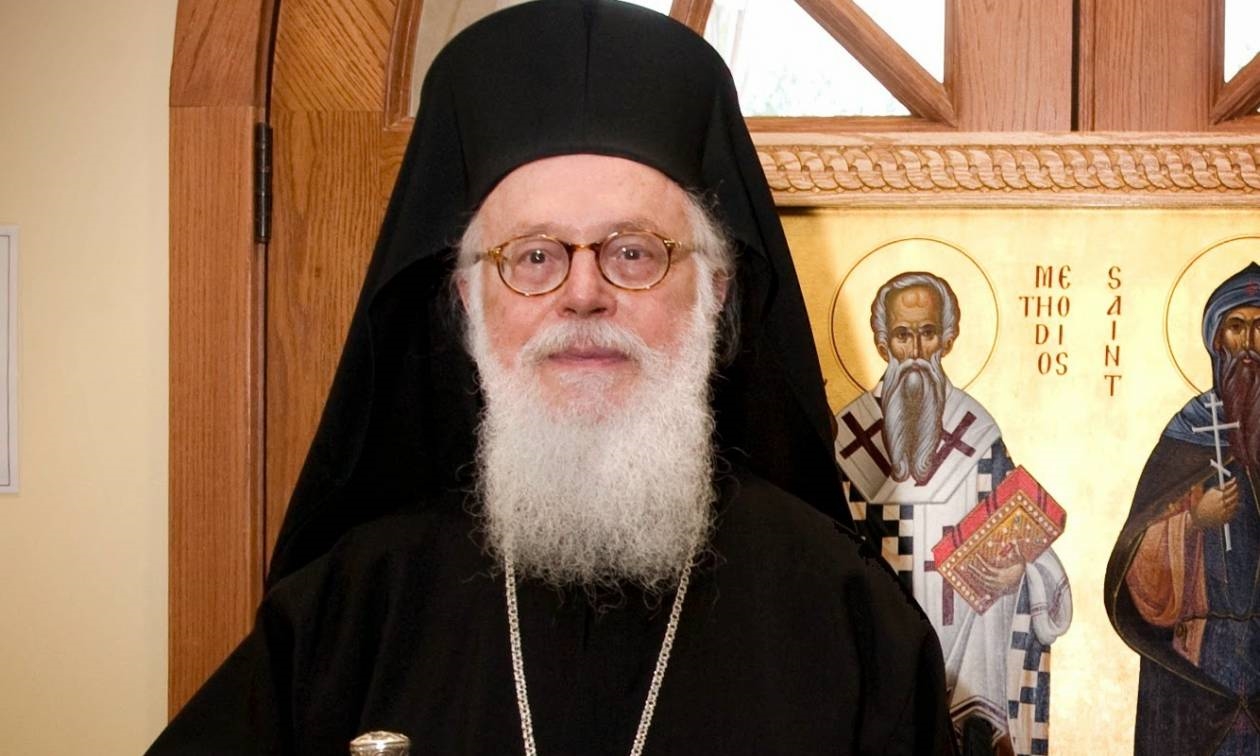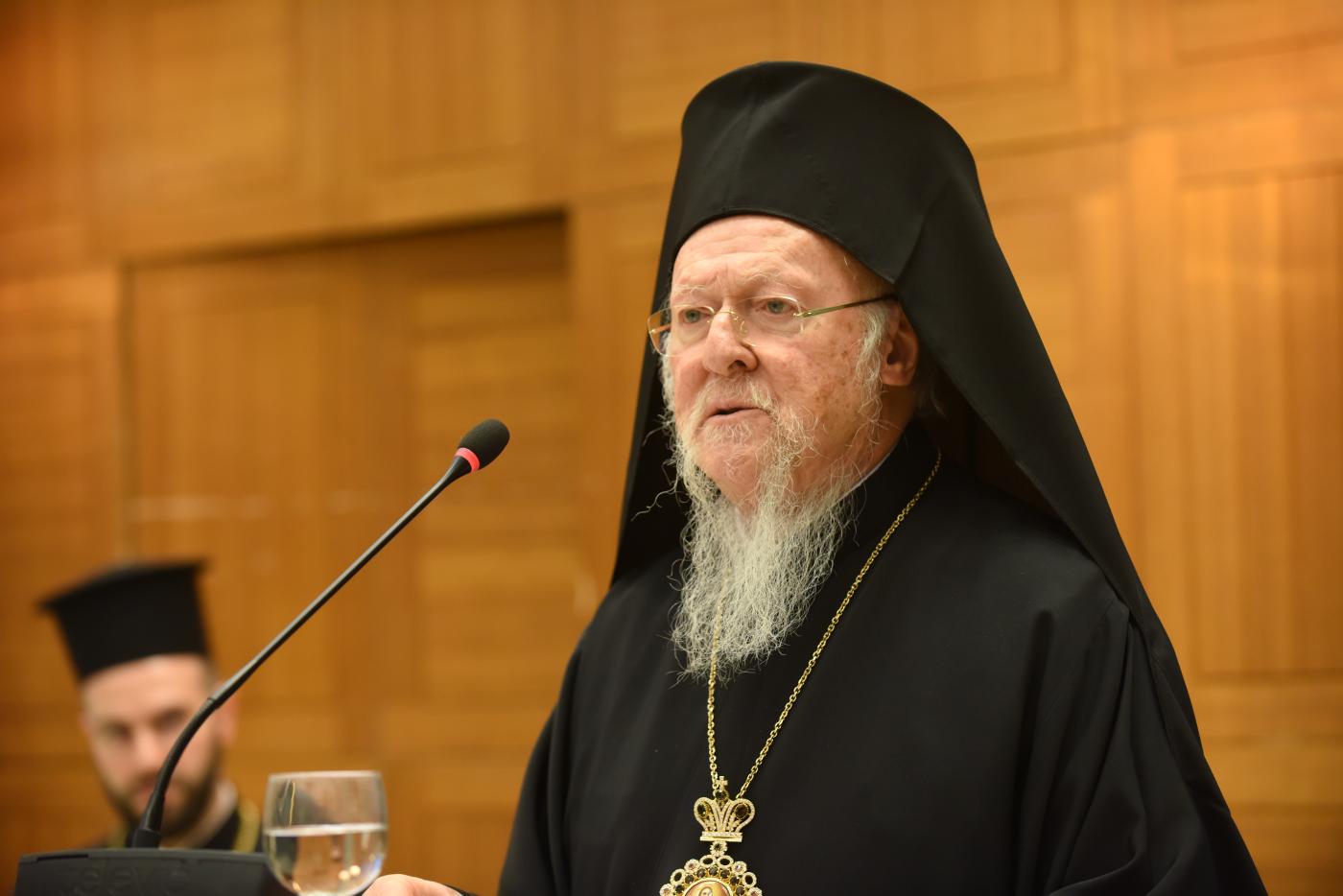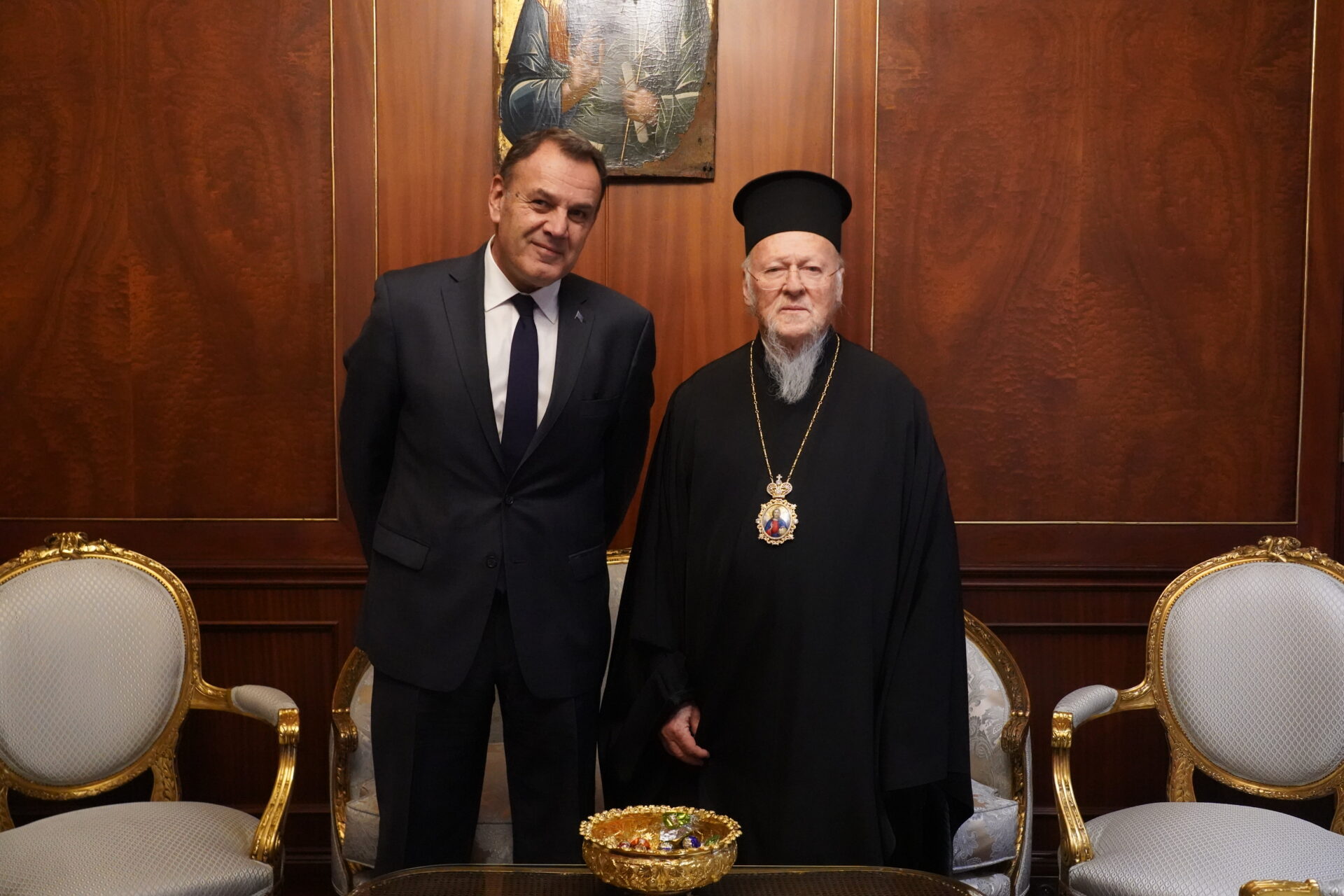Eastern Orthodox and Oriental Orthodox Churches united for dialogue


In response to Coptic Orthodox Pope Tawadros II of Alexandria and Patriarch of the See of St Mark’s invitation for a preparatory meeting of the Eastern Orthodox Church and the Oriental Orthodox Churches “For the love of Christ compels us” (II Corinthians 5:14), dedicated to the unity of the Orthodox Churches, the representatives of these Churches met at the Logos Papal Center, situated in the Monastery of Saint Bishoy, Wadi El Natrun, Egypt, on the 16th -17th of September 2024.
Gathered in the name of the Triune God, Father, Son, and Holy Spirit, the members of the meeting attended a prayer, at the Transfiguration Church, led by Coptic Orthodox Pope Tawadros II, who welcomed everyone with sincere joy and emphasised: “building relations of love in Christ, deepening our understanding of each other, continuous dialogue, and ceaseless prayers would […] take us all to the heart of Our Lord Jesus Christ,” and that “ we need to have one Orthodox voice built on a mutual view of global social issues that are forming a great concern now for our churches.”
His All-Holiness Ecumenical Patriarch Bartholomew underlined in his message: “Our concern for and our dedication to the task of Christian unity […] springing from a sense of responsibility and from the conviction that mutual understanding and cooperation are of fundamental importance if we never wish to ‘put an obstacle in the way of the gospel of Christ,’ (I Cor. 9:12) with the common goal being ‘the ultimate restoration of unity in true faith and love.‘ ”
The two co-chairmen of the Joint Commission for the Theological Dialogue between the Orthodox Church and the Oriental Orthodox Churches, His Eminence Elder Metropolitan Emmanuel of Chalcedon (Ecumenical Patriarchate) and Metropolitan Thomas of Quosia and Mir (Coptic Orthodox Church) made introductions regarding the previous stages and achievements of the dialogue, and recommendations for future steps.
Elder Metropolitan Emmanuel of Chalcedon also recalled the blessed memory of Metropolitan Bishoy of Damietta, former co-chairman, who played a predominant and decisive role together with his late predecessors Metropolitan Damaskinos of Switzerland and Metropolitan Chrysostomos of Myra, the first co-chairman, for their tireless efforts for having advanced the theological dialogue rapidly. Moreover, Metropolitan Thomas pointed out the need for immediate action towards implementing the agreements of the Dialogue and noted that in our days the voice of the Orthodox faith can bring hope to the people and restore Christianity in the fragile society of today’s world.
The representatives of the two Orthodox families met in an atmosphere of Christian fraternal love at the round table. They recognised the successful steps of the dialogue while elaborating the concrete measures needed for the restoration of full communion by considering a ‘Road Map’ previously prepared by the working group of official delegates in Athens, 24th-25th November 2014. An intense and fruitful discussion took place. Separate meetings of the families discussed the issues from the perspective of each family followed by a series of plenary sessions, addressing: the stance of each Church on the Agreed Statements; how to implement them, how to proceed, and how to deal together with contemporary challenges, including social and ethical issues, facing the Orthodox.
Furthermore, with one voice and in faithfulness to our shared theological, biblical, and patristic tradition, all members raised the issue of the crisis surrounding family matters and anthropological challenges present in today’s secular society. They expressed the wish, that all Christians may become ambassadors (cf. II Cor 5:20) of Christ’s message to the modern society, to transfigure the world with the light of truth and wisdom.
Our Church Families view the indissoluble and loving union between a man and a woman in holy matrimony as a “great mystery” (Eph 5:32), reflecting the relationship between Christ and the Church, in contrast to certain contemporary approaches to marriage. From this union arises the family, which is seen as the sole foundation for the birth and upbringing of children according to the divine plan. Our Churches, therefore, consider the family a “small Church” and provide it with appropriate pastoral care and support.
Our Churches categorically reject the justification of same-sex relations within what is called “absolute human freedom” which causes harm to humanity. Our Churches, while affirming their complete belief in human rights and freedom, also confirm that the freedom of the created is not absolute to the point of transgressing and breaking the commandments of the Creator.
The participants unanimously agreed that: i) the two Joint Sub-Committees on liturgical and pastoral issues continue their work; ii) the two co-chairmen of the Commission visit the Primates of the Orthodox Churches and Oriental Orthodox Churches to communicate the positive outcome of the dialogue and receive their feedback regarding the signed Agreed Statements and Proposals; iii) a joint website to be created, containing all the necessary documents of the previous bilateral dialogue at the disposal of the new members of the Joint Commission to be appointed by their Churches, to facilitate the decision-making process; iv) the two Orthodox families involve all levels of the clergy, monastics and lay people in the implementation of the dialogue.
As 2025 marks the 1700th anniversary of the first ecumenical council of Nicaea, and Christians around the world will celebrate Pascha on the same date, the representatives of the two families expressed their wish that all Christians in the whole world celebrate Pascha following the canonical tradition of Nicaea and the Orthodox Paschalion.
During the last session, all participants expressed their sincere gratitude to our Risen Lord, Jesus Christ, for granting them the gift of being together after a period of internal reflection and growing interest in the Dialogue and its fruits in all levels of their local Churches. The participants were grateful to the Coptic Orthodox Church and Pope Tawadros II for their Abrahamic hospitality and for hosting the meeting.
